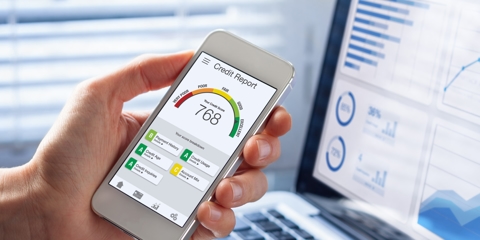It’s not uncommon for consumers to get in over their heads with debt and consider filing a Chapter 7 bankruptcy. Chapter 7 is a discharge in which the debtor’s debts are completely discharged. A debtor must meet certain requirements to be eligible to file a Chapter 7 bankruptcy. Some consumers may fear that if they file for Chapter 7, the car loan lender may repossess their vehicle.
Vehicle Repossession in Bankruptcy
Normally, during a Chapter 7 bankruptcy, the car loan lender is prohibited from repossessing your vehicle or trying to collect the debt owed on the vehicle. That is called an “automatic stay”, and it makes it illegal for most creditors to continue any collection activities.
However, the lender can seek permission from the court to repossess the vehicle. The lender can do this by filing a motion for relief with the court. The lender must be able to show the court that it has the right to repossess the car and that its interests are not adequately protected because the debtor is not making loan payments on time. The debtor can oppose the motion.
Typically, a hearing on the issue is held within a month. The bankruptcy judge may choose to allow the debtor extra time to try to work something out with the lender. However, if the debtor is not negotiating with the lender or attempting to pay for the car, the bankruptcy judge will often allow the vehicle to be repossessed.
Keeping Your Vehicle Through Chapter 7 Bankruptcy
If you are considering filing a bankruptcy and you wish to keep your vehicle, you have a few options. First, the easiest way is to stay current on your car payments. If you are current on your car payments, the car cannot be repossessed. If you are behind, attempt to find a way to catch up on the payments.
If you are so far behind that you simply cannot catch up, you should consider negotiating with your lender. The lender would rather have money than to repossess a used car. Your lender may be willing to reduce your payments or your interest rate, or even possibly the principal balance that you owe.
Another option you could consider to keep your car is to redeem your car in the bankruptcy, which means to buy it back for its fair market value. In order to redeem the car, you must get the court’s permission as well as to make a lump sum payment on the vehicle. This can be an attractive option if you owe more on the car than it is currently worth. This can result in you owing the vehicle free and clear from debt for significantly less than you would otherwise pay.
If you have questions about bankruptcy in Atlanta, call the Atlanta bankruptcy attorneys at Holston & Huntley at (404) 620-3337. We can help you evaluate your options. Call us today to schedule a free consultation on your case. We serve Metro Atlanta Georgia as well as Birmingham Alabama including surrounding areas.





